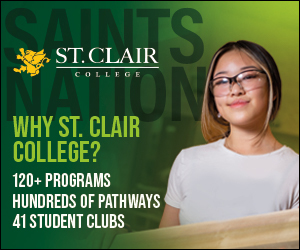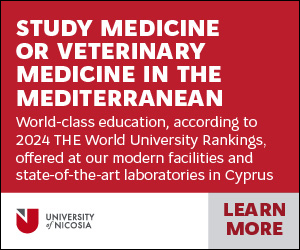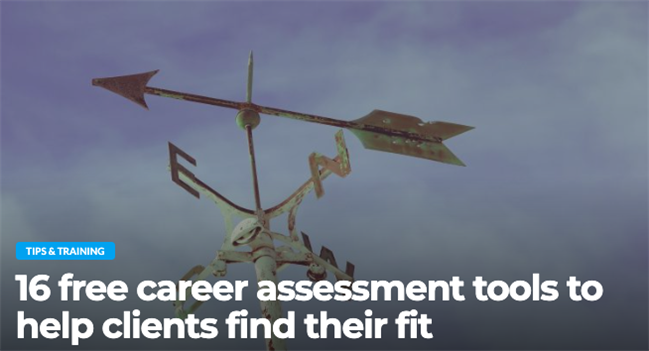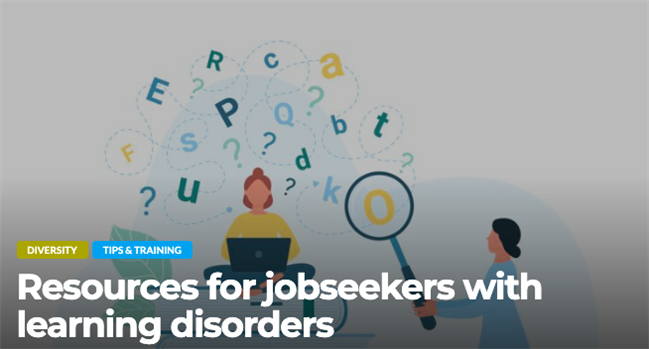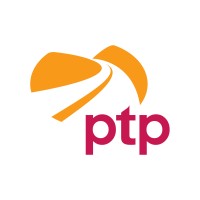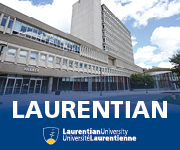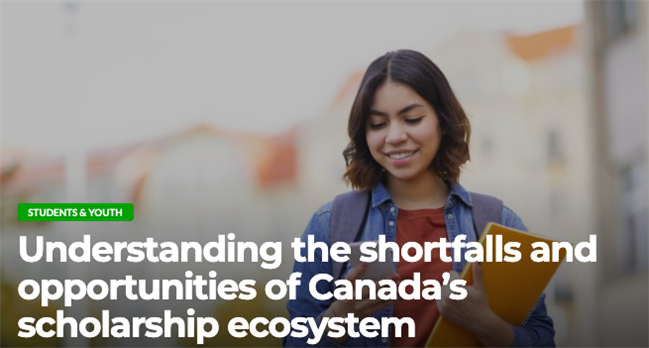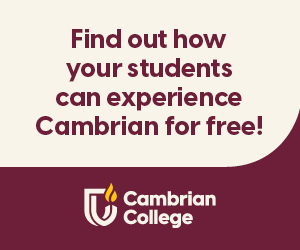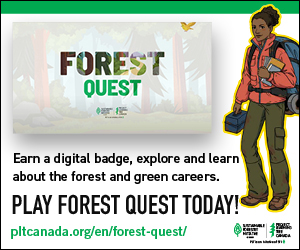 |
||||||||||||||||||||||||
| Archive | www.osca.ca | ||||||||||||||||||||||||
Ontario Universities' Information Sessions Encourage your students to attend the Ontario Universities' Information Sessions virtual event on Thursday, November 21, from 5-7 pm (ET). The event will be divided up into four 30-minute sessions, where students can learn about the universities of their choice and ask questions. This event is a great opportunity to get answers about programs, admission requirements, student life and much more. Some universities will offer presentations in French. Get your students to sign up now for Information Sessions. Note: For privacy reasons, students must sign themselves up for events. Do not sign up on behalf of your students. More Information
_______________________________________________________________________________________ Séances d'information des universités de l'Ontario L'événement se divisera en 4 séances de 30 minutes chacune, au cours desquelles les élèves pourront en apprendre sur les universités de leur choix et poser des questions. Cet événement représente une excellente occasion d'obtenir des réponses sur les programmes, les exigences d'admission, la vie étudiante et plus encore. Certaines universités offriront des présentations en français. Apprenez-en davantage et encouragez vos élèves à s'inscrire aux Séances d'information. Nota : Pour des raisons de protection de la vie privée, les élèves doivent elles-mêmes et eux-mêmes s'inscrire à ces événements. Prière de ne pas vous inscrire à ces événements au nom de vos élèves. Plus d'information
Whether your client is just starting out in their career, or ready to make a career change, career assessments can be a helpful tool to spark ideas and identify strengths. While some career professionals may prefer to use only paid assessments, these are not always financially accessible to all service providers. Of course, with any career test, it is important to analyze whether it is the right fit for your client as well as its reliability and validity. (This post from CLSR titled "Always assess the assessment" may be helpful in your analysis.) Here are 16 free career assessments to help get you started.
Navigating the job market can be challenging for anyone, but those with diverse learning styles may face additional hurdles. While "learning disorders" or "learning disabilities" are commonly used terms to describe specific neurological conditions that can affect how an individual acquires, remembers, organizes, understands and expresses information, the term "learning styles" highlights that there are different but equally valuable ways of acquiring information.
These conditions affect skills such as oral language, reading, writing and math. For example, individuals may encounter difficulties with reading (dyslexia), writing (dysgraphia) and math (dyscalculia). According to the 2022 Canadian Survey on Disability, nearly 6% of Canadian adults over the age of 15 have unique learning styles that are distinct from neurotypical learning styles. For these individuals, stigma and inadequate workplace accommodations can create barriers to securing and maintaining employment. The following resources will be useful for career professionals (CDPs) working with clients with diverse learning styles, as well as for jobseekers with learning disorders and employers looking to create more inclusive work environments.
For many young people in Canada, post-secondary education is a catch-22. While a university or college degree increases an individual’s earning potential in the long term, the high cost of living and attending post-secondary pose significant barriers to both accessing and succeeding in school – particularly for certain student populations.
- Limited resources - Limited capacity - Layers of management that must be kept informed However, a successful partnership can enhance both parties' organizational effectiveness and efficiency by: - Allowing the sharing of expertise - Exchanging knowledge - Filling gaps in services and programs This case study highlights a successful partnership between a: - Post-secondary institution — George Brown College - Community-based employment service provider — Pathway to Possibilities (PTP) Initiated in 2021, the partnership aimed to enhance the outcomes of the College Vocational program at George Brown College — a one-year Ontario College Certificate program in the Center for Preparatory and Liberal Studies, for students with intellectual disabilities — and fill a gap these students experienced during the transition from school to work. By evaluating this partnership roadmap, this case study explores the success factors of the partnership and how the partnership enhanced the program, student success, and the operation of the partner organizations.
|
||||||||||||||||||||||||
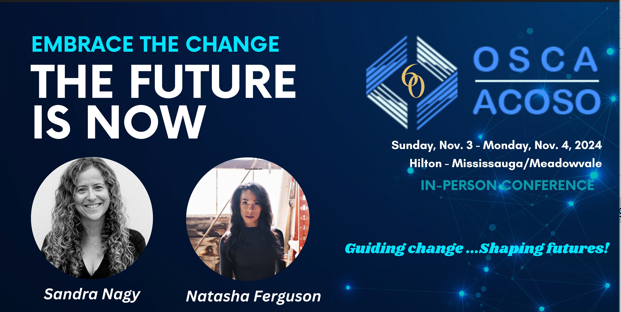
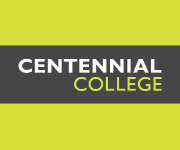
.png)
